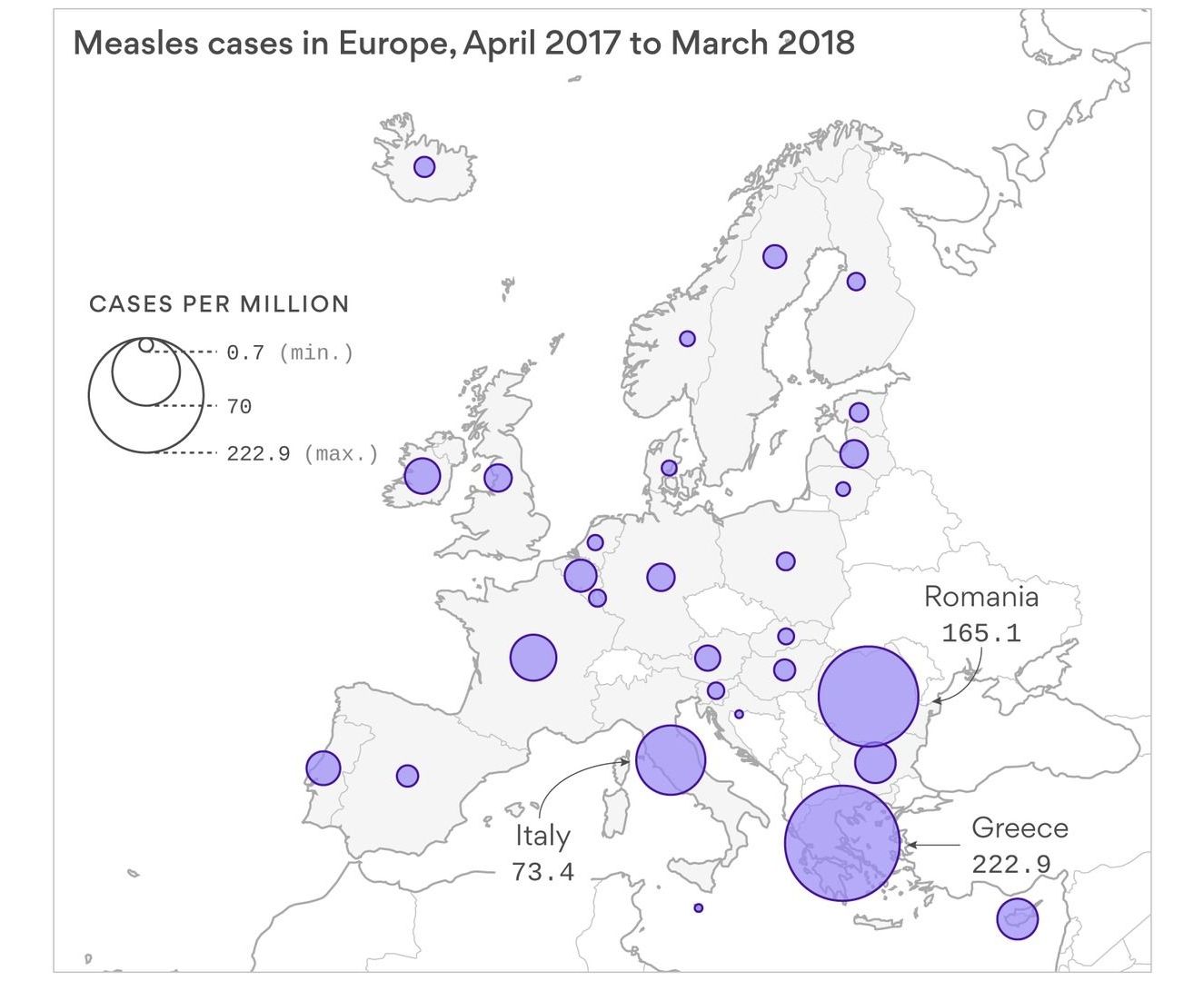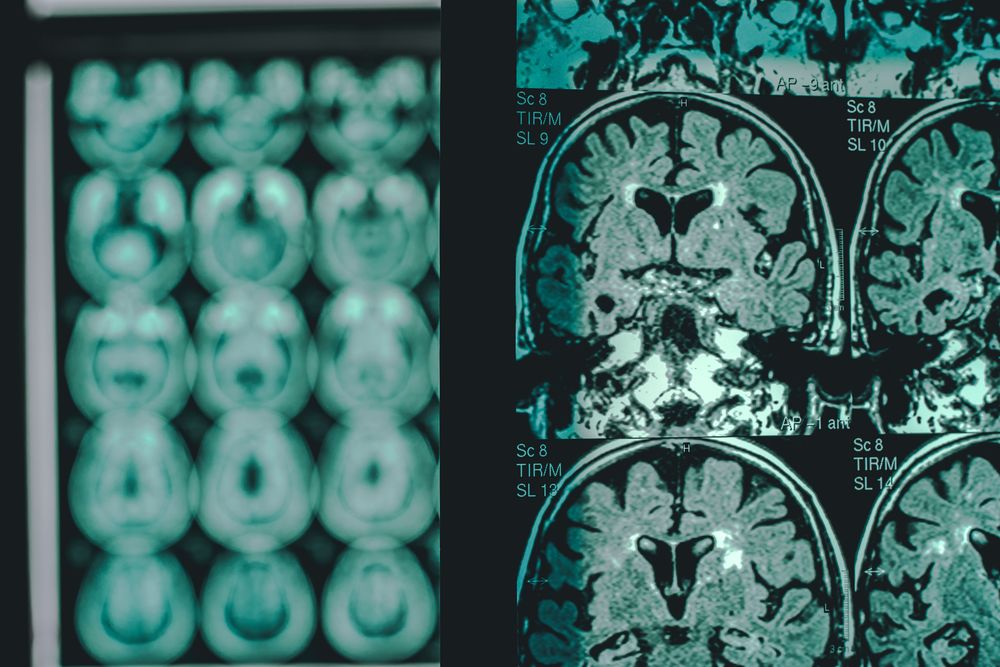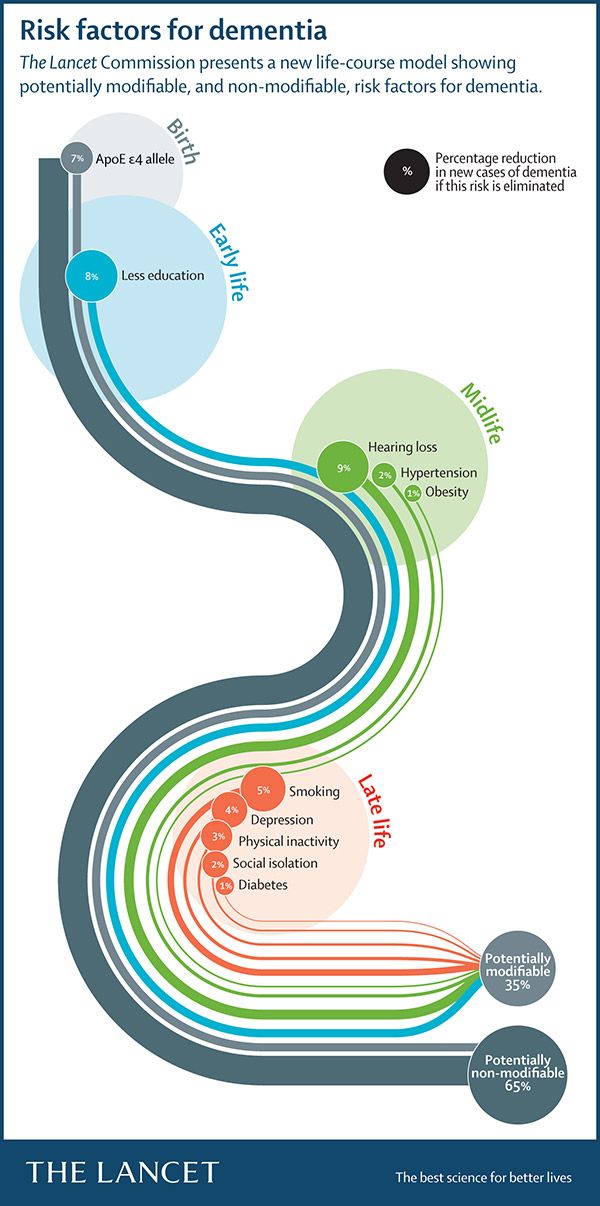A new wonderful breakthrough of our time.
Scientists raise ethical concerns as the brain cells of decapitated pigs are kept alive for 36 hours.


Researchers at the University of Virginia School of Medicine have discovered that as we age, our cells’ nuclear membranes become misshapen, which stops our genes from working properly.
Nuclear membranes become distorted with age
The DNA in all our cells is the same; however, the cells in our body show a great range of variation and function. How can this be when they have the same DNA? It all comes down to gene expression and which genes are turned off and which are turned on. For example, certain genes must be turned on in a cell for it to be a liver cell; those same genes need to be turned off for it to be a brain cell. If the correct genes are not turned off, problems occur.

https://www.youtube.com/watch?v=1x8Yhvrd7E4
Amazing how quickly things are changing in brain health and mental health — see the news about Interaxon, Akili, NeuraMetrix, Apple, Calm, Halo Neuroscience, Mindstrong Health, Calm, Novartis, Pear Therapeutics, in the last 6 months alone, and consider joining the discussion in December smile (link opens 2-minute video)
Imagine a videogame cleared by the FDA to treat ADHD, depression, or substance abuse — how will doctors prescribe it, patients access it, and insurers pay for it?
Imagine a free “annual brain check-up” — what may it look like, and how can it lead into personalized interventions to improve function and prevent/ delay/ treat cognitive decline and Alzheimer’s Disease?
Imagine being responsible for the health & wellness of a million people — how will you educate them to navigate most-likely-to-help interventions, such as breathing/ exercise/ meditation/ apps/ biofeedback/ tDCS to regulate stress?
Imagine investing $100 million in startups developing noninvasive, digital neurotechnologies — where, and how, will you find great opportunities to generate financial and social returns?
The 2018 SharpBrains Virtual Summit (December 4–6th, 2018) will feature over forty of the world’s top experts, innovators and investors aiming to improve brain health and performance for all in light of growing neuroscience and digital tech.
https://sharpbrains.com/summit-2018/

It is rush hour and you are crammed inside a train carriage with a stranger’s armpit pressing against your face. Are you feeling relaxed?
Studies have shown that repeated infringement of personal space in cities can trigger the brain’s threat system, which makes us feel stressed.
Other factors such as constant contact with strangers and traffic noise all contribute to city dwellers being most likely to suffer from chronic stress.

Glioblastoma is one of the most deadly forms of cancer. Affecting the brain, those unlucky enough to receive a diagnosis don’t have many treatment options – and usually a median life expectancy of just over a year. Now, researchers at MIT have developed nanoparticles that could provide hope, crossing the blood-brain barrier and delivering two types of drugs to fight tumors.
The MIT nanoparticles are liposomes, fatty droplets that can carry one drug on the inside and another in the outer layer. On the inside, the particles were loaded with a common chemotherapy drug called temozolomide, while the outer shell contained a more experimental substance known as JQ-1.

The nascent China Brain Project took another step toward reality last week with the launch of the Shanghai Research Center for Brain Science and Brain-Inspired Intelligence. The new center and its Beijing counterpart, launched 2 months ago, are expected to become part of an ambitious national effort to bring China to the forefront of neuroscience. But details of that 15-year project—expected to rival similar U.S. and EU efforts in scale and ambition—are still being worked out, 2 years after the government made it a priority.
New research centers move 15-year project closer to reality.


Why it matters: Measles is a killer disease. It’s estimated that more than 2 million children a year died from measles in the 1980s, but due to global vaccine programs (including Gavi, the Vaccine Alliance launched in 2000), that number has been brought under 70,000 cases. The return of measles to Europe and the Americas could suggest that some of our vaccine successes could be reversing or unraveling. In the case of Venezuela, measles outbreaks are mostly due to the effect of broad economic problems on its health care system, but for Europe and the U.S. measles outbreaks show the effects of powerful and well-organized anti-vaccine movements.
What’s next: Vaccines do not cause autism, but more advocacy is needed to counteract the false claims of anti-vaccine groups. In April 2018, the European Commission proposed activities to strengthen the EU’s capacity to vaccinate its population and address what some call “vaccine hesitancy.” In the U.S., however, there are still 18 states that allow non-medical vaccine exemptions linked to personal or philosophical beliefs.
Peter Hotez is a professor and dean of the National School of Tropical Medicine at Baylor College of Medicine, where he is also director of the Texas Children’s Hospital Center for Vaccine Development, and the author of “Vaccines Did Not Cause Rachel’s Autism.”

Vascular risk and accumulation of beta-amyloids seem to accelerate the rate of cognitive decline in elderly adults.
Vascular risk appears to be a strong predictor of dementia, especially in older individuals with high levels of brain beta-amyloids, and the interaction between these two risk factors might lead to a higher rate of cognitive decline, according to a recent study at the Massachusetts General Hospital.
Alzheimer’s disease (AD) is an age-related neurological disorder whose most feared outcome is dementia, along with other symptoms, such as behavioral issues, loss of motivation, and even the inability to take care of oneself. Patients suffering from AD exhibit an accumulation of plaques in their brains; these plaques, resulting from the build-up of amyloid-beta protein, have long been thought to be the cause of the disease, though other hypotheses have been put forward as well.
However, the presence of excess beta amyloids is a constant in all AD patients, and a recent study by researchers at the Massachusetts General Hospital has discovered that increased cardiovascular risk, combined with higher brain amyloid levels, is a predictor of faster cognitive decline in clinically normal elderly. [1].

Physical exercise is a key piece of the brain health puzzle, but certainly not a magic pill.
___ Exercise ‘doesn’t slow’ progression of dementia (NHS Choices): A trial in which people with dementia took part in a moderately intense exercise programme for 4 months found their mental decline did not slow and may even have worsened faster than in people who did not take part in the programme…While the exercise.